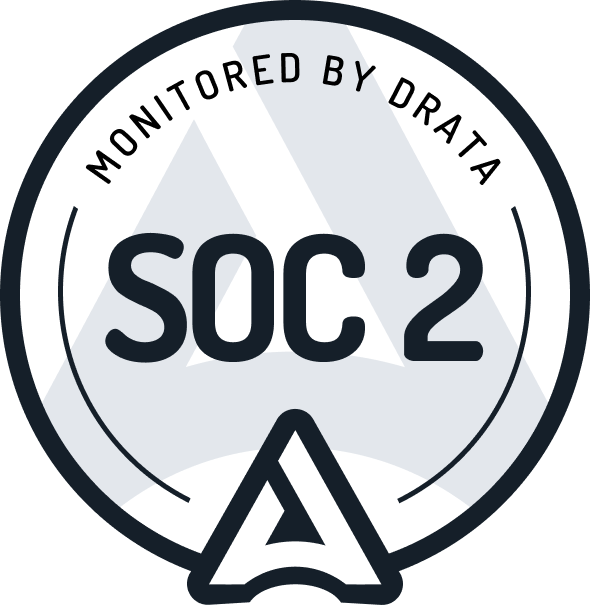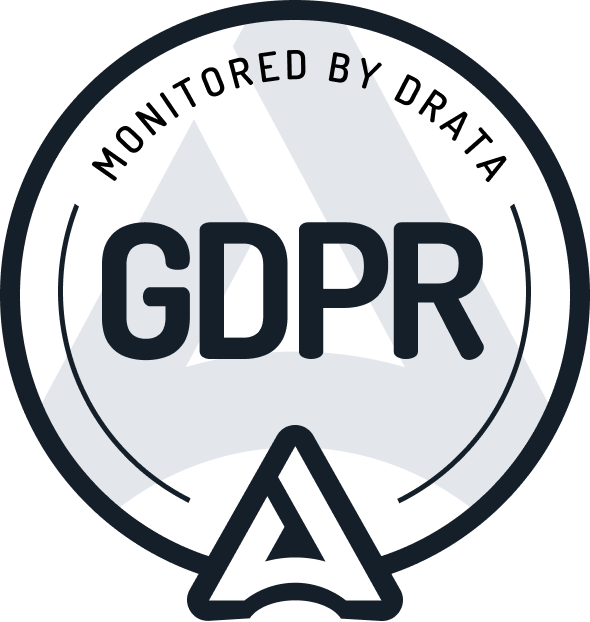
How To Find A Developer Community To Belong To?
Get notified when customers mention you online - with Crowdlens
Software development is a challenging field. It is almost impossible to succeed without a support system that guides and mentors you. You can find this support system within a community that understands your problems and provides answers from like-minded professionals. However, finding the right community is a bit of a hassle since numerous options are available. But, no worries, we are here to help you figure out how to find a developer community that suits your needs best with our step-by-step guide.
1. Why do you want to join a developer community?
So, before randomly going through an infinite number of projects, assess what you expect to get out of joining a community. What is your motivation behind joining? These are just a few popular reasons why people join communities:
- Technical expertise: Get more knowledgeable on a (niche) developer tool you are interested in.
- Support and motivation: Meet like-minded people who guide and mentor you or share your knowledge and expertise with others.
- Networking: Increase your network by connecting with developers all over the world. This might even lead up to exciting job offers.
- Challenge yourself: Get out of your comfort zone, reach out to people and enjoy the freedom to try out new things. Being part of a community can result in unique opportunities, like speaking at public events.
- Sense of belonging: Find other peers with whom you share similar interests, regularly attend meetups, and engage with other members to strengthen the community bond.
2. What kind of community do you want to join?
So now, after you have assessed what your motivation is behind joining a community, you should think about what kind of community you want to join: small vs large or local vs online only.
Online vs Local Communities
If you live in a village or a small town, your options of finding local dev communities are rather limited. Luckily for you, there are plenty of great communities online. Just because you are not meeting people in real life does not mean you can't connect with them. Nowadays, many meetups are held online via video streaming anyways. Especially if you consider yourself more introverted, meeting peers online might be a better fit for you. For example, Twitter, Discord, or Slack are a great way to connect to other devs, find ideas for new projects, and get involved in open source projects.
Finding a local community shouldn't be too challenging if you live in a larger city. Go to in-person meetings, where you can network with peers and receive support and free mentorship. Some communities even offer workshops where you can up your expertise level. Local communities give you a sense of belonging and make it easier to meet peers and connect with them. Of course, most community interactions happen online through a platform anyway, but additionally, meeting in person makes the experience more personal.
Small vs Large Communities
Many community founders intentionally start a small community focused on a niche skill or tool without expecting a large following. If you want to exchange experiences and seek expertise from a narrow niche with like-minded individuals, a small community might just be the right fit for you. The information within that community is of high quality since participants only share valuable content, and spam posts are rare. Within a small community, you will find it easier to bond with other members since the same individuals are more likely to interact frequently and respond to each other's questions. Through that, a distinctive group identity and sense of belonging are formed. You are also less likely to get a negative interaction or trouble with trolls and generally less conflict with other members since small groups tend to be more homogenous. On the other hand, the community is more dependent on your participation due to fewer members. The likelihood of questions being ignored, answered late, or the conversation falling flat is high.
Large communities naturally have a higher volume of activity. Users will receive a faster and often more than one response to their question. The community generally feels more alive since there is an endless flow of content produced by different users. The community does not rely on you to create it. Larger groups may have the advantage of more content, more engagement and more access to more knowledge since there is a broader pool of people that also meet a broader set of needs. If a community does not have enough active members, chances are there is not a lot of engagement, conversations flatten, stagnate and finally stop overall.
3. Where do I find the right community?
There are plenty of platforms where you can either set up your own community or where you can search for existing ones. We have gathered a few of the most prominent ones here for you:
Hive Index
On Hive Index, you can easily find plenty of communities of interest for you. The way it works is that the communities are organized by platform, topic and features. What is striking about it is how easy to use and neatly organized it is. You can either search for a specific topic you are interested in or browse through "Popular topics", "Today's picks", or "Recently added". If you feel that they are missing a community or a topic, feel free to submit it.
Link: https://thehiveindex.com/
Unita
Based on your interest, you can discover, compare and review the best communities around you. Unita is pretty self-explanatory and, with its various features, it enables you to find and look for the right online community easily. You can either look through the different categories or check “Popular searches”.
Link: https://unita.co/
Meetup
With Meetup, you can find and join groups who share the same interests or passions. Instead of just talking with these people, you can organize online or in-person events. If you do not want to arrange a meeting yourself, you can look for existing ones in your area. It is a great way of meeting new people, getting involved in a community and being more active in an interest you enjoy.
Link: https://www.meetup.com/
GitHub
It is a supportive community where developers learn, share and work together to build software. However, the focus is more on sharing code than the communication between developers. If you want to find communities on GitHub, you can look at GitHub trending, a constantly updated list containing projects that the community is currently excited about. Another approach is to look via the advanced search. You can filter projects depending on your preferences, such as language, number of stars or forks, date of creation, location, etc.
Link: https://github.com/explore
Stack Overflow
Stack Overflow is an open platform for everyone who codes. Here you can find answers to pretty much every coding question. It rewards users who answer questions often and thoroughly and suspends trolls or any other negative behaviour. Here you are sure that you are receiving top advice. The only drawback is that there is so much going on that it can be intimidating for a novice coder. So take your time and jump in when you are ready.
Link: https://stackoverflow.com/
Dev.to
It covers many areas of programming and provides career advice, knowledge about technical aspects of coding, and general support or motivation. Developers are there to share ideas and help each other grow. You can find a community for every niche, programming language, or framework on the platform.
Link: https://dev.to/
Key takeaways
- Before you look for a community, assess your motivation to join and what you are hoping to gain from it.
- Determine for yourself if you rather want to join an online vs local or small vs large community.
- If you have difficulties finding a community that fits your needs, you can check out Hive Index or Unita since they offer a variety of communities and are easy to use.
- There is an endless number of developer communities out there. Online as well as offline. There is no downside to getting involved in a few of them.
- Finding the right community is a game-changer. The amount of support, motivation and encouragement you experience in developer communities is unmatched.
Get insights to your inbox.
Once per month. No spam.


.png)





